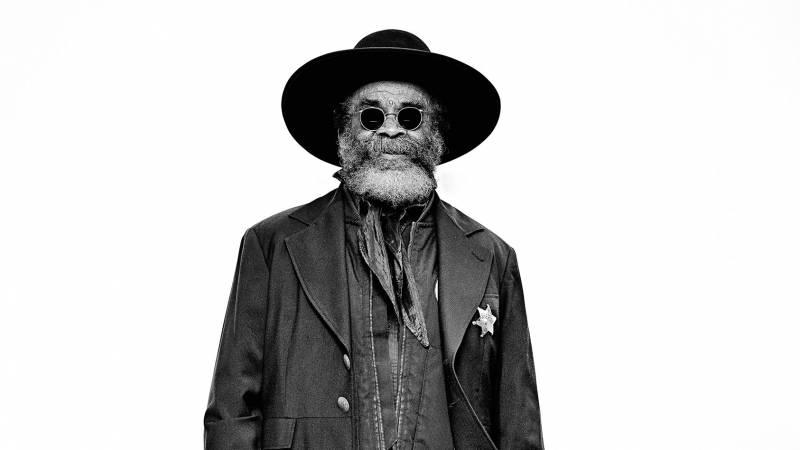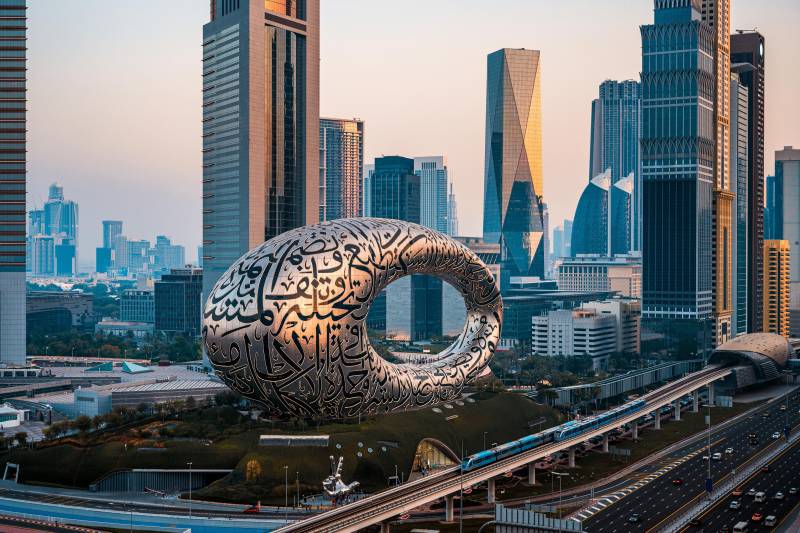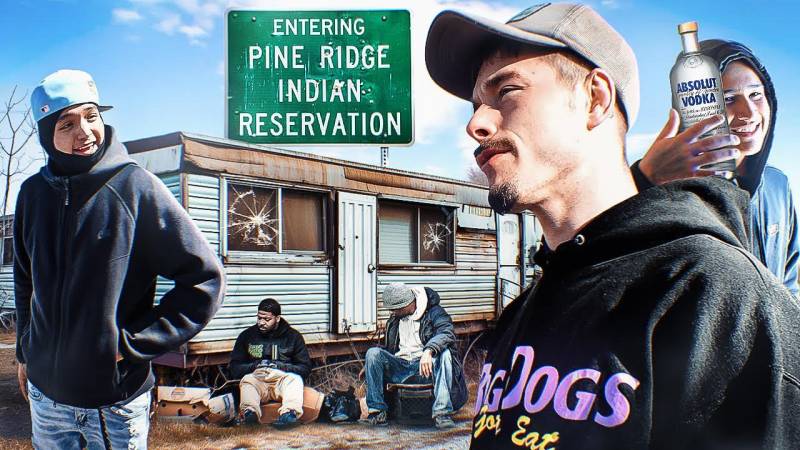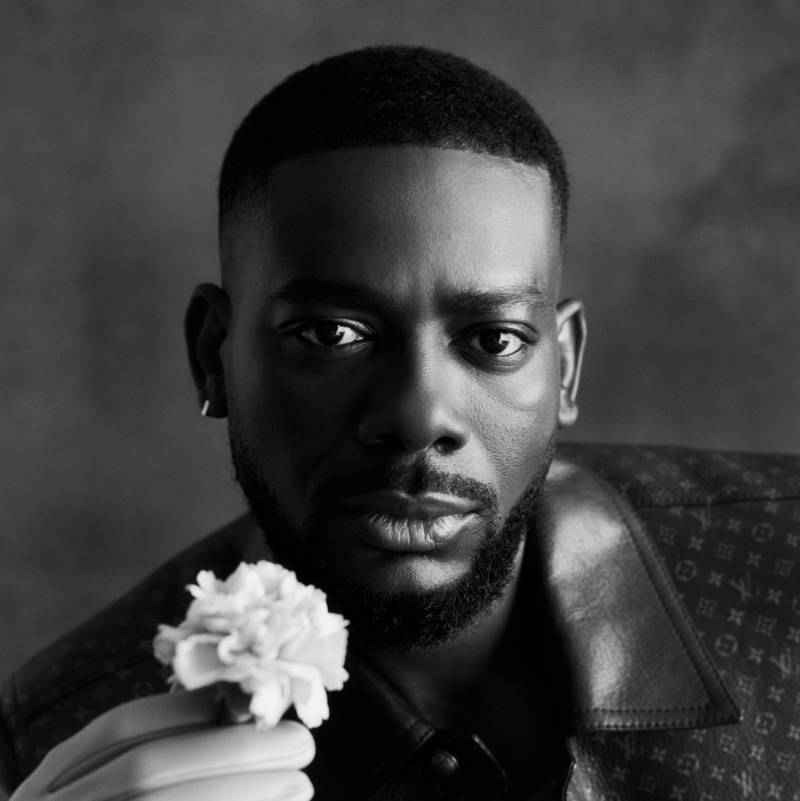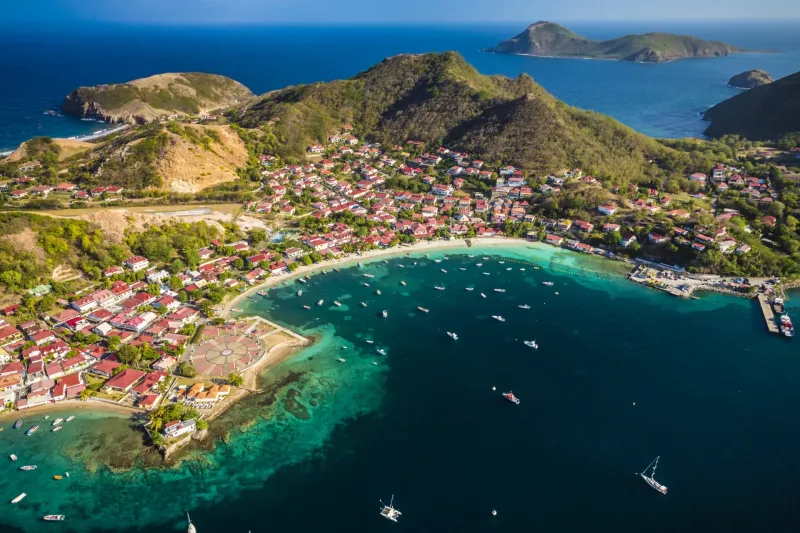The Netflix blockbuster, The Harder They Fall, had me squealing! That’s because it hit me different than most people watching it. It spoke to my Black Power self, my Black feminist self, my lover of global Black music self but also my Pan African- and Rasta- minded self.
The film paid homage to the legacy of Black cowboys and was written, directed, and scored by Jeymes Samuel. He is a Black British singer and songwriter, producer, and filmmaker who I presume is also Rasta-minded.
This is because in the film's musical subtext he pays homage to the first Diasporic Black people to repatriate themselves successfully and independently to Africa.
While the film is a fictional story of an outlaw committed to getting revenge on the man who killed his parents, the characters they played were not. It features a bevy of African American stars including Regina King, Jonathan Majors, LeKeith Stanfield and Black British stars like Idris Elba and Delroy Lindo (who is also American). This casting, plus the writing, offers a more accurate rendition of the classic old western.
Samuel makes particular reference to the Rastafarians who migrated to Shashemene in Southern Ethiopia in 1963. He does this by featuring Dennis Brown’s 1977 song “Promise Land.”
This repatriation movement was spearheaded by the 12 Tribes of Israel, which is one of the Mansions of Rastafari. It was founded in Kingston, Jamaica under the leadership of Vernon Carrington, also known as the Prophet Gad. This Rasta-created, global repatriation movement fundraised from London to Toronto and across the Caribbean for willing participants to physically build the settlement and for the millions of dollars needed to fund it.
The singer, Brown, was a Rastafarian and an active member of the 12 Tribes of Israel. He used his roots rock reggae music as a marketing tool to spread Rasta philosophy which included repatriation to the “Promise Land” — the Shashemene settlement. This in turn accelerated the group’s fundraising efforts.
The first verse of Brown’s song plays as Rufus Buck (Elba’s character) and his gang ride into the ‘free’ Black town of Redwood…the ‘promise land’ that Buck’s ill-gotten gains had built.
The first verse of the song also describes Brown’s trip to the Rastafarian promised land, Ethiopia. It describes him visiting the Eritrean capital of Asmara, then visiting the Ethiopian capital Addis Ababa and then riding the ‘King’s highway’ built by the last Emperor of Ethiopia, His Imperial Majesty Haile Selassie. Brown goes on to explain there is plenty of land for those who want to repatriate and lots of food to share.
These lyrics serve as a contextual reflection and reminder of the town Buck was trying to build in the film.
Shashemene is still the spiritual home of many Rastas because Selassie bequeathed 200 hectares (494 acres) of land to descendants of slaves who wished to find a home on the continent in 1948. The land grant was a reward for Black people from the West who had supported Ethiopia in its struggles with Mussolini’s Italy during World War II.
It was the Rastas who took Selassie up on his offer. Bob Marley, also a member of the 12 Tribes of Israel, visited the settlement in 1979 and was a key funder in the early years.
These efforts now support the fourth generation of children born of repatriated Africans and the delicate social, cultural, and political ecosystem. This includes the Jamaican Rastafari Development Community School which has been educating children on the settlement since the arrival of the community 50 years ago.
James’s inclusion of the Rastafari iteration of African resistance in the Harder They Fall is the deepest of honors. It highlights this present-day expression of Black independence but also keeps hope alive by reminding us that the dream of Buck’s Redwood is still possible because a version of it already exists.
SOURCE : MEdium
